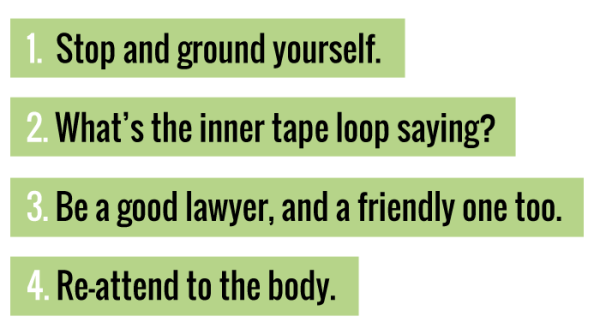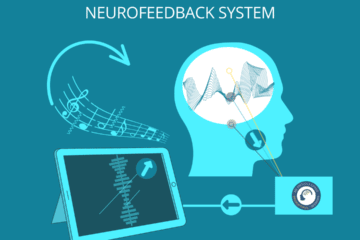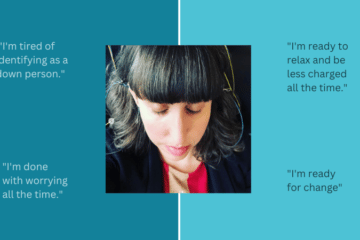A Cognitive Therapy Case Study
Mindfulness-based Cognitive Therapy, also known as MBCT, combines techniques of mindfulness meditation with actively looking into thoughts and feelings that are arising in the present moment.
Jennifer** is a 27-year-old graphic designer who struggles with her relationships, both romantic and platonic. She is actively looking into the root of her difficulty with others and questioning her perceptions of some interactions as of late.
Jennifer: I just don’t understand why she wouldn’t call me back. I called her three days ago and haven’t heard from her. We were supposed to get coffee this upcoming week and we haven’t set a plan yet. Therapist: So what is this indicating to you? Jennifer: That no one wants to get close to me. I’m rejectable and unlovable. There’s something wrong with me. Therapist: Where is your evidence that this one instance means you’re rejectable and unlovable? Sometimes things go sour in a relationship. Sometimes we have done something to turn a friend off and the bond is unsalvageable. The onslaught of negative thoughts and feelings that surround this can feel awful. We are evaluating if we’re lovable and worthy of someone’s closeness and intimacy. With MBCT, however, we are looking into how we project at least 50% of old thoughts and feelings onto a current situation. In Jennifer’s example, this projecting of the past could lead her to lash out and leave angry messages for her friend when there is potentially no problem in the relationship. With MBCT Jennifer will look into the dynamics of her past relationships and also into how she might be recreating a “rejecting situation” by using old information to judge her present relationship. This old information shows up as negative beliefs about one’s self and is often accompanied by a sensation in the body such as a knot in the stomach. This work is helpful with a therapist as a witness, but to start, how can we do a little MBCT with ourselves?
4 Cognitive Therapy Tips You Can Do On Your Own
1.
Stop and ground yourself. Refrain from acting out your feelings at the moment, whether it is lashing out in anger or being hyper-vigilant out of worry. We can attend to our feelings before they get out of control. We start to notice sensations arising in the body that’s alerting us to “a problem.” This can feel like butterflies in the stomach, shortness of breath, tightness in the temples. Before things get too out of control, such as inducing a panic attack, we can give our anxiety level/anger level a numerical rating. Anything over a 5 is getting high. If it already feels too overwhelming, we may need to ground ourselves in our senses. If we’re walking, can we hear the clip-clop of our shoes or cars zooming past us? Can we see the green benches in a park or the birds eating crumbs? Sensory grounding will immediately get us out of our habitual thinking mind.

2.
What’s the inner tape loop saying? Look directly at your thoughts. What are the attitude and quality? What are they trying to indicate about yourself and others? Do they feel solid or floaty? What’s the volume knob up to, a 2-3 or a full blast 9-10? 3.
Be a good lawyer, and a friendly one too. Where is my evidence that my negative belief is true? Does this feel like something “old” in my experience? What’s another angle I could see this from? What would a good friend tell me about this situation/my belief? What’s a more balanced, new way of looking at this when I assess all of the information and facts? 4.
Re-attend to the body. Now how does the body feel now? Has the sensation moved or gotten lighter? Continue to rest your attention on the body. If at any time this becomes overwhelming, attend to a neutral place in the body where there isn’t a lot happening (i.e. the tip of the nose, ear, bottom of the feet.) It is easy to get caught up in our projections and old negative beliefs. The good news is that we have our present moment experience to begin creating something new; a new way of perceiving, and of relating to thoughts and feelings, that isn’t dictated by our past. We can’t be completely free from past damaging experiences, but we can see them clearly for what they are and how they impacted our belief system. In the present, we can choose to make a new balanced view, one that is healthier, more empowering and liberating. **
This is not a real client, but an amalgamation of people, and also a common situation for those dealing with intimacy in relationships. Neurofeedback and Therapy can also be combined. All sessions are 50 minutes. Want to learn more about Neurofeedback, click here. Read a Case Study on Neurofeedback 


